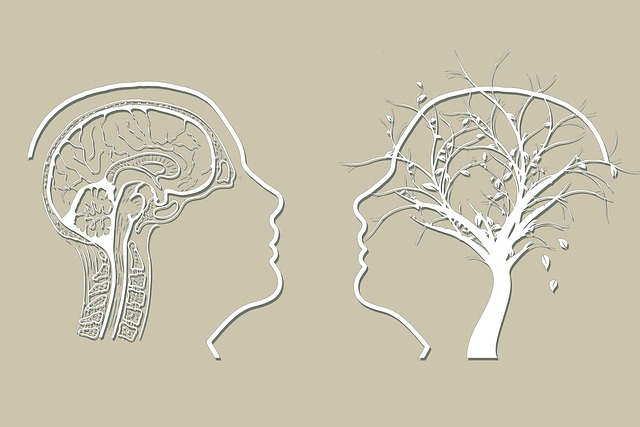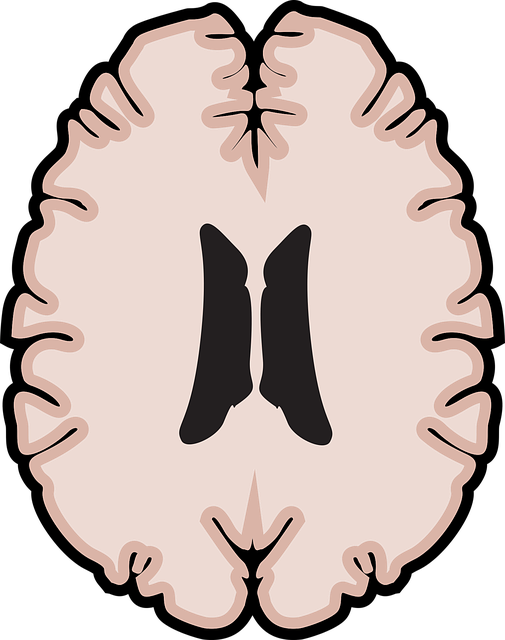Aurora French Speaking Therapy (AFST) is a unique therapeutic approach combining language focus, cultural sensitivity, and holistic techniques to enhance emotional intelligence and mental health. By using the French language in interactive sessions, AFST helps individuals identify emotional triggers, develop healthier coping mechanisms, and gain self-awareness. It integrates cognitive techniques, mindfulness meditation, relaxation exercises, and social support to regulate mood, challenge negative thought patterns, reduce anxiety, and build resilience. This approach is appealing for those seeking to improve both communication skills and mental wellness.
Mood regulation is a vital skill for navigating life’s challenges. This article explores comprehensive strategies, delving into the power of Aurora French Speaking Therapy as a unique approach. We’ll discuss identifying triggers, utilizing cognitive techniques, embracing mindfulness, and cultivating a supportive network. By understanding these methods, you can gain better emotional control and foster resilience. Discover how these practices, including Aurora therapy, contribute to a more balanced and stable mindset.
- Understanding Mood Regulation: The Role of Aurora French Speaking Therapy
- Identifying Triggers and Patterns: A Key Step in Emotional Management
- Cognitive Techniques for Better Mood Control
- Mindfulness and Relaxation Practices to Foster Stability
- Building a Supportive Network: Social Connections and Their Impact
Understanding Mood Regulation: The Role of Aurora French Speaking Therapy

Understanding Mood Regulation: The Power of Aurora French Speaking Therapy
Mood regulation is a vital aspect of mental wellness, involving strategies to manage and stabilize emotions effectively. Among the various therapeutic approaches, Aurora French Speaking Therapy (AFST) stands out as a unique and powerful tool. AFST combines the benefits of language-focused therapy with cultural sensitivity, making it particularly effective for individuals seeking to enhance their emotional intelligence and overall mental health. This therapeutic method acknowledges the intricate connection between language, thought patterns, and mood, offering a holistic approach to stress management.
Through interactive sessions, AFST guides participants in exploring their emotional landscapes using the French language. By engaging with French-speaking therapists, clients can develop healthier coping mechanisms and gain deeper insights into their feelings. The therapy encourages self-expression, fosters confidence, and promotes a sense of belonging, which are essential for navigating life’s challenges. Additionally, AFST is beneficial for those interested in improving their communication skills while prioritizing mental wellness, as it seamlessly integrates language learning with stress management workshops and even popular Mental Wellness Podcast Series productions.
Identifying Triggers and Patterns: A Key Step in Emotional Management

Identifying triggers and patterns is a fundamental step in emotional management, as it allows individuals to gain insight into their mood fluctuations. Through mindful observation, one can recognize specific situations, thoughts, or behaviors that precipitate certain emotional responses. This process involves keeping a detailed Mental Wellness Journal where individuals note down instances of heightened emotions, the preceding events, and any recurring themes. For instance, a person struggling with anxiety might realize that it often surfaces after engaging in social media, comparing oneself to others.
In Aurora French-Speaking Therapy, this step is crucial as it enables therapists and clients to collaborate on uncovering hidden emotional triggers. By recognizing these patterns, individuals can begin to develop strategies to navigate challenging situations more effectively, fostering better Emotional Regulation. Public Awareness Campaigns that emphasize the importance of understanding personal triggers can play a significant role in promoting mental wellness, encouraging people to take proactive steps towards managing their emotions.
Cognitive Techniques for Better Mood Control

Cognitive techniques play a pivotal role in empowering individuals to take control of their mood and emotional state. These strategies, often explored through Aurora French-speaking therapy, focus on challenging negative thought patterns and replacing them with more positive and realistic ones. By cultivating self-awareness, people can identify triggers that influence their moods and develop effective coping mechanisms.
One powerful technique is cognitive restructuring, where individuals learn to question and reframe negative thoughts. This involves recognizing unhelpful beliefs and replacing them with more adaptive ones, fostering a sense of self-esteem improvement and emotional well-being promotion. Additionally, mindfulness meditation practices have gained prominence as valuable tools for regulating emotions. Through focused attention on the present moment, one can detach from negative feelings, thereby reducing their intensity and impact.
Mindfulness and Relaxation Practices to Foster Stability

Pratiquer la pleine conscience et les techniques de relaxation est un pilier essentiel dans la régulation de l’humeur. Ces pratiques, souvent promues par des thérapies comme l’Aurora French Speaking Therapy, permettent aux individus d’accroître leur stabilité émotionnelle. En se concentrant sur le moment présent et en observant ses pensées sans jugement, on apprend à désamorcer les réactions automatiques face aux stimuli stressants ou déstabilisants.
La relaxation profonde, la méditation guidée et les exercices de respiration consciente sont autant de méthodes qui contribuent à réduire l’anxiété et à améliorer la gestion des émotions. En intégrant ces pratiques dans leur quotidien, les personnes souffrant de troubles liés au mental ou cherchant à surmonter le stigma associé aux maladies mentales peuvent développer une plus grande résilience face aux défis émotionnels. De plus, ces techniques s’avèrent précieuses pour la résolution de conflits internes et externes, favorisant ainsi un état de bien-être global.
Building a Supportive Network: Social Connections and Their Impact

Building a robust support network is an essential mood regulation strategy, often overlooked but profoundly impactful. Social connections play a pivotal role in mental well-being, offering a sense of belonging and emotional validation. For individuals seeking therapy, such as those engaging in Aurora French Speaking Therapy, fostering meaningful relationships can significantly enhance the therapeutic process. Having a circle of trusted friends or family members provides a safe space to express feelings, seek advice, and receive comfort during challenging times. This support network acts as a buffer against stress, promoting better emotional regulation.
Moreover, empathy building strategies within these connections are invaluable. When surrounded by people who understand and empathize with one’s experiences, especially those grappling with mental illness, it fosters a sense of acceptance and reduces the stigma often associated with seeking help. This supportive environment encourages open communication, facilitates coping skills development, and ultimately contributes to improved mood regulation and overall mental health.
In conclusion, mastering mood regulation is a multifaceted journey that involves understanding our emotions, identifying triggers, and adopting various strategies. From cognitive techniques and mindfulness practices to building supportive networks, each approach plays a vital role in enhancing emotional stability. Incorporating methods like Aurora French Speaking Therapy can offer unique insights into managing moods, providing individuals with effective tools to navigate their emotional landscape. By combining these strategies, folks can foster resilience, promote well-being, and ultimately revolutionize their relationship with their emotions.














